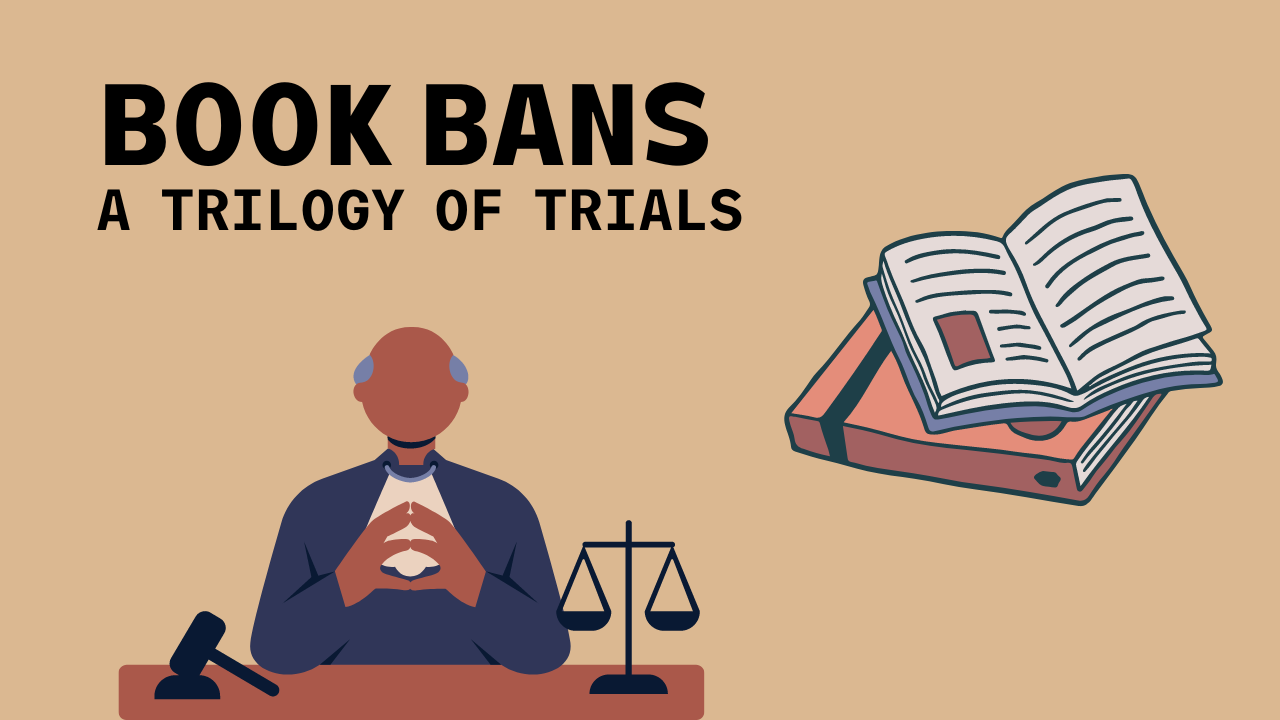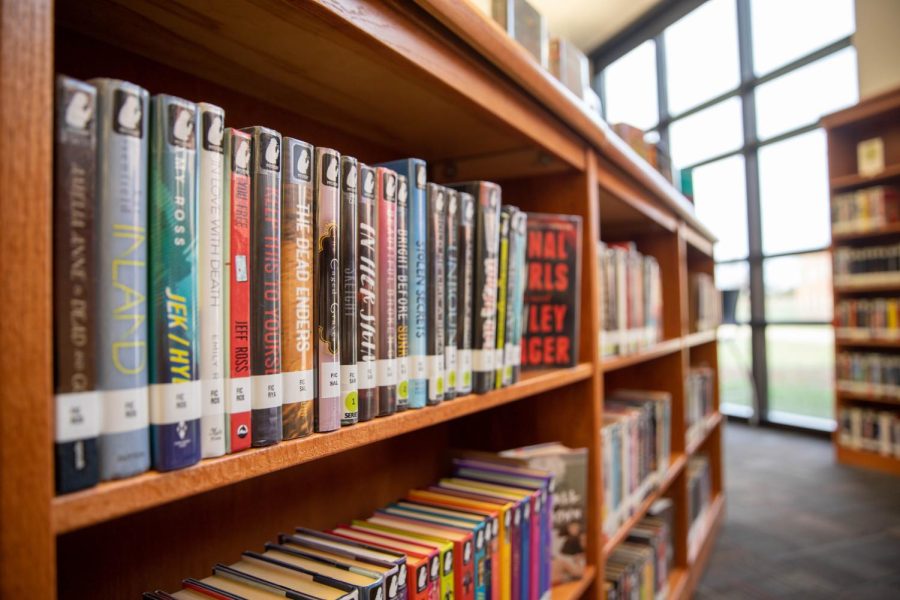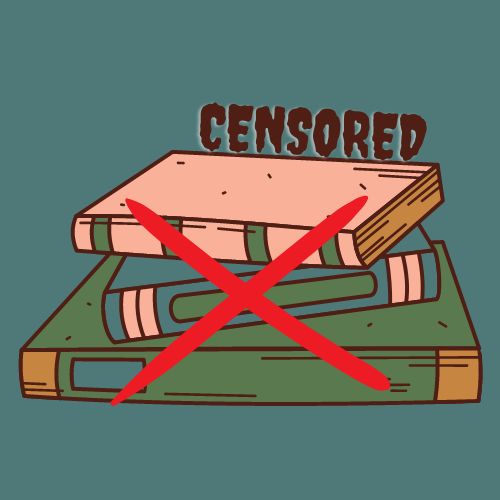Book Bans: A Trilogy of Trials
Students voice their opinions on book bans, along with acknowledging the recent WSD's decisions
February 23, 2023
Liberty’s student enjoy reading just as much as other students, but with more and more reading options disappearing from bookshelves, student have decided to voice their opinions on the matter.
Covering book bans is sophomore Kylie Brennan, junior Anna Simms and senior Kay Copeland, a few of Liberty’s student reporters.
The Wentzville School District has put more than 200 titles under investigation in response to Missouri SB 775.
Banned Books: A New Wave
A new Missouri Senate Bill threatens books by banning ‘explicit sexual material’ in schools
School districts banning books is nothing new, but only in recent years has it become more prominent.
“We actually went through this process last year, with I think six books last year,” Mrs. Kelly Oliva, a Liberty librarian, recounts.
This past January, the Wentzville School District was among several school districts throughout the country that banned the award winning book, “The Bluest Eye” by Toni Morrison. The book was off of the shelves until it returned a month later.
Despite being sued by the ACLU for banning multiple books, including Morrison’s, there is currently a long list of books that are pending investigation in the Wentzville School District.
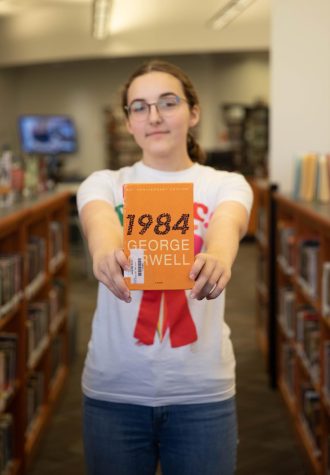
For avid readers, such as sophomore Marissa Varga, banning books is something that they are against.
“A lot of the books that I’ve read are banned books, like ‘All the Bright Places,’ and ‘The Outsiders,’ which some schools have banned,” Varga explains.
The new list of books being banned and challenged is in response to section 573.550 under Missouri Senate Bill 775. Under this section, it is determined that any person affiliated with either a public or private school, both elementary and secondary level, who knowingly “provides, assigns, supplies, distributes, loans, or coerces” a student with “explicit sexual material” will face legal consequences if found guilty. With that being said, being found guilty of this will result in a class A misdemeanor, which is the highest level of misdemeanor in Missouri and is punishable with “up to one year in jail; a fine not to exceed two thousand dollars.”
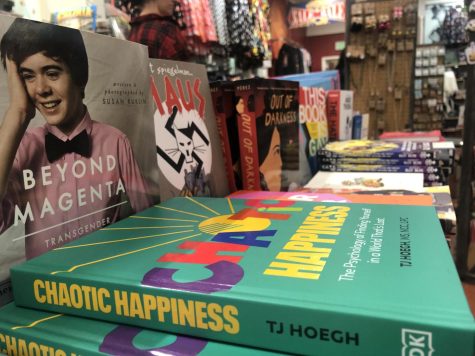
Currently, there have been a total of 50 different titles banned in a variety of school districts, including Independence, Kirkwood, Lindbergh, Mehlville, North Kansas City, Raytown Quality Schools, Ritenour, Rockwood, Webster Groves, and Willard Public Schools. Along with that, there are currently 217 books in the Wentzville School District that could be banned pending investigation according to PEN America.
Books are one of the many sources of media that people can see people like themselves in, and are arguably more diverse than other forms of media such as movies and television shows.
“I think unfortunately it [banning books] is used to try and remove those stories that people really need to see themselves in,” Oliva said. “When we start removing stories from our collection, it sort of wipes out certain people.”
If you would like to view the full list of books that have been banned or are pending investigation in Missouri according to PEN America, click here.
The Controversy of Book Removals
School districts are removing books from our libraries
Removing books from libraries has been an issue across the country, but recently we have been facing it in our own school district. There are people who have begun to question the reasoning behind these books being removed and articles that have been circulating the internet. The people of these districts are getting angry and this is why.
A new law was passed on Aug. 28 over the material being provided in Missouri school libraries. This new law states that it is a crime to provide students with sexual dispictions and imagery, this offense is classified a Class A Misdemeanor. On Thursday, Sept. 15, the Wentzville School District had a board meeting where they stated that they are not retaining “Flamer” by Mark Curato. At the point of the meeting there was a list of materials that are going to be put under review because of the new law passed. At that point no other books had been removed.
Junior Anumitha Vaka loves reading and has read a banned book, ‘Thirteen Reasons Why’ of which is banned in 12 districts.
“I personally liked the book, though it wasn’t the best book I’ve read,” she stated.
Vaka continued, “These kind of books that talk about these challenging topics are great because you can learn from them and really confide in the characters experiences when in society it is really hard to talk about.”
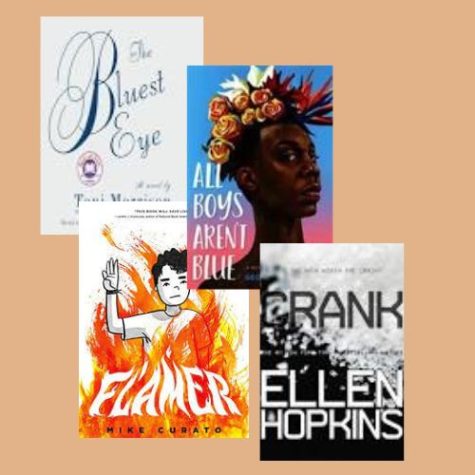
These issues have been hitting a nerve with some of the people in school, in fact, two students have filed a lawsuit against our school district back in February. After interviewing multiple people and reading up on the case, some have said they believe that it is unconstitutional to be taking these books away. Some of the books that have been challenged are, “All Boys Aren’t Blue,” “Crank,” and “The Bluest Eye.”
When “The Bluest Eye” was first banned in the WSD, in Feb. 2022, Sruthi Ramesh covered the board meeting.
She wrote, “The class-action lawsuit was filed ‘to stop the removal of books that are by and about communities of color, LGBTQ people and other marginalized groups.'”
There are different ways for a book to be put under review. The one receiving a lot of controversy at the moment is from parent concerns. This district has a form in place, the parents of the students receiving the form have to sign so their child can check out young adult books. One of the people I talked to said they believe that a parent has the right to say what their own child can and cannot read; but has no right to say all of the other children shouldn’t read it.
Sophomore Kaya Egeler strongly feels that books being banned is “kind of stupid.”
Egeler also said, “We should be able to read whatever we want to read, and it shouldn’t be determined by adults…”
Teenagers in middle schools and high schools are in the process of figuring out who they want to be in this world. It is important that kids are able to relate to something. Some of the books that were challenged or banned (not just in our district) have been about people of color and people who are a part of the LGBTQIA+ community.
An anonymous person stated that if you see a book on the shelf that you might not relate to, you do not have to read it but that does not mean that someone else won’t want to.
